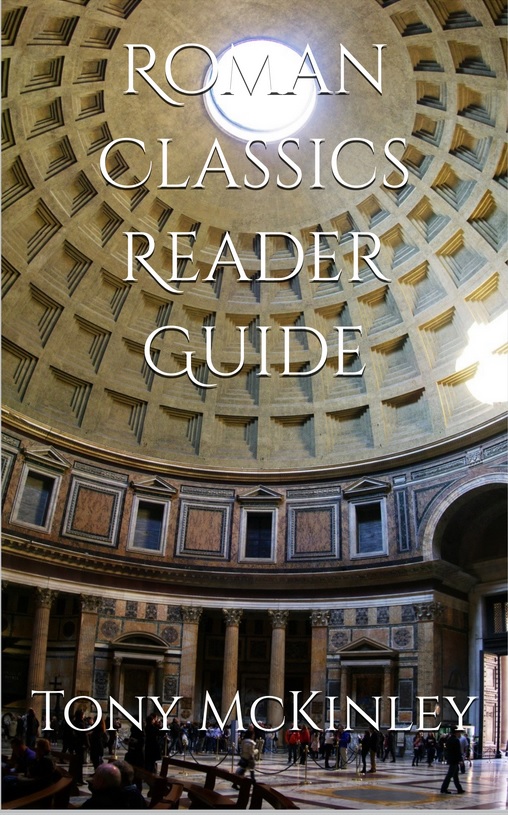
This is a comprehensive overview of the great works that have come down to us from antiquity. I have gathered the best sources and provided clear descriptions to allow readers to comfortably navigate these cultural riches.
This guide provides rich introductions to the works to Homer, the Ancient Poets, Polybius, Julius Caesar, Cicero, Vitruvius, Sallust, Livy, Diodorus Siculus, Josephus, Plutarch, Tacitus, Suetonius, Cassius Dio, Appian and Ammianus.
The first Romans whose works we cover begin with the excellent writer Julius Caesar and his Commentaria, giving us the judgements of the greatest conqueror since Alexander. Hundreds of years after the Greek historians, the line of three great Roman authors begins with Livy and his comprehensive history of Rome covering everything from Aeneas arriving in Latium, to Romulus and the first kings, the expansion of the Republic and the wars with Hannibal. Sallust andTacitus are spectacular writers who show what was lost as the Republic declined and the Empire was gained.
Cicero, Rome’s greatest orator, was not only the Latin equivalent of the Greek Demosthenes, but also the consul who defeated Catiline when the Republic was threatened with rebellion and a writer of Stoic philosophy. Vitruvius’ On Architecture remains to this day the premier authority on ancient building and engineering, offering unique insights on the deep meaning of classic style and mechanical explanations of Roman artillery. Suetonius, in The Twelve Caesars shares his access to imperial records to provide revealing biographies of the emperors. Josephus, as a Jewish military leader who transferred his allegiance to Rome, brings us into the bitter combat that led to the destruction of the Second Jewish Temple in Jerusalem.
For all these reasons, the Ancient Classics embody timeless insights on not only history, but also, whether we are aware of it or not, the philosophy that guides our society and the arts that enrich our culture. Our modern lives are immeasurably enhanced by the intellectual riches in the Classics.